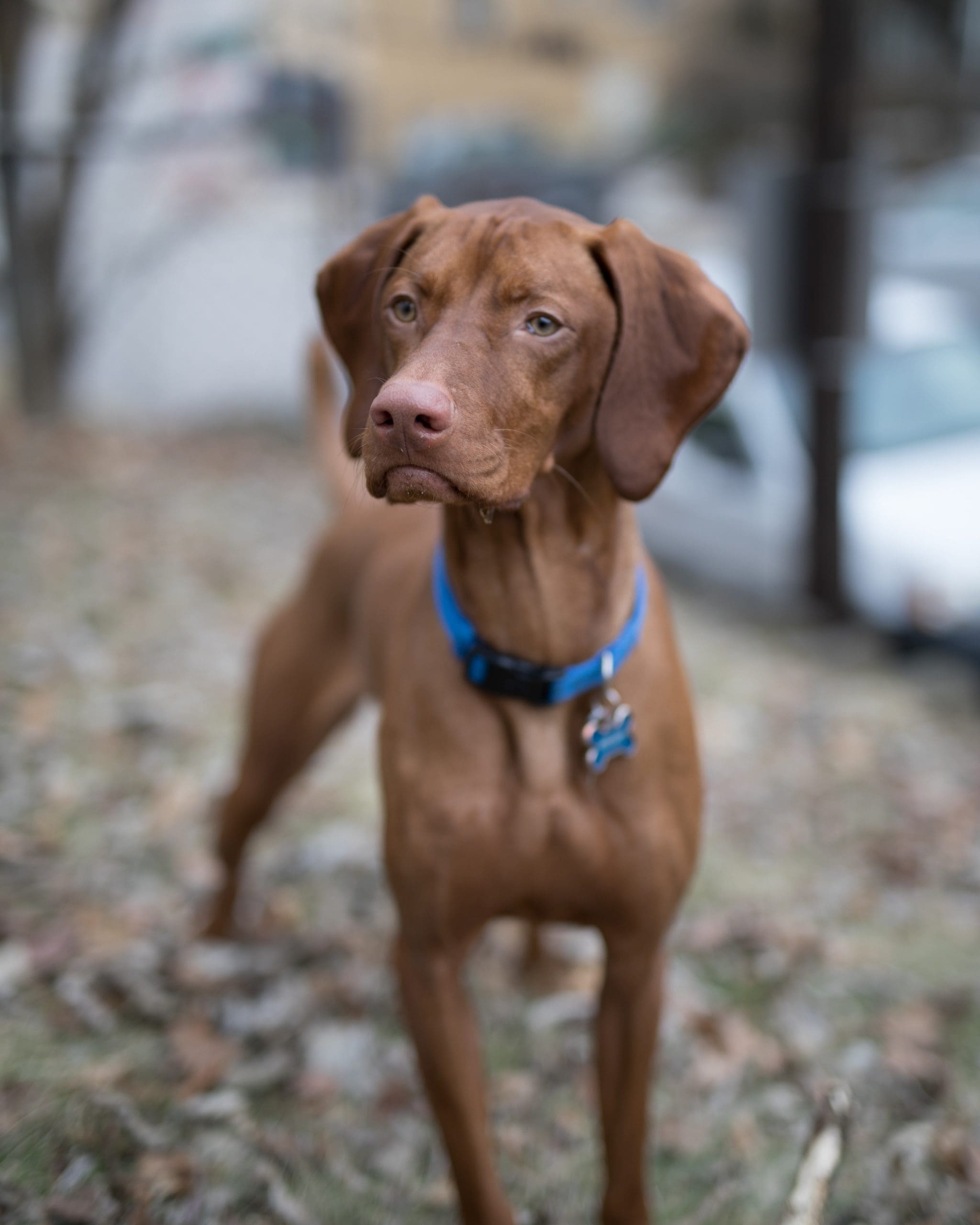Cataracts can significantly impact a dog’s quality of life, leading to cloudy vision and challenges in everyday activities. If your dog has been diagnosed with cataracts, exploring treatment options and understanding the associated costs is crucial for their health.
What Are Cataracts?
Cataracts occur when the lens of the eye becomes opaque, resulting in blurry vision or blindness if untreated. Various factors can contribute to this condition, including genetics, diabetes, aging, and trauma. Certain breeds, such as poodles, schnauzers, and cocker spaniels, are more prone to developing cataracts. Recognizing signs like cloudy eyes or changes in behavior is essential for timely veterinary care.
Cost of Cataract Surgery
The cost of cataract surgery for dogs typically ranges from $2,000 to $4,000 per eye, influenced by several factors. These include the dog’s size, the complexity of the surgery, and the clinic’s location—urban practices often charge more than those in rural areas.
Phacoemulsification, the most common procedure for cataract removal, employs ultrasound waves to break up the cloudy lens, which is then removed. A synthetic lens is usually implanted to restore vision. This surgical method requires specialized equipment and training, contributing to the overall cost.
Additional Expenses
Beyond the surgery itself, other costs must be considered. Pre-surgical evaluations, including ultrasounds and blood tests, are necessary to assess the dog’s health and suitability for anesthesia. These can add several hundred dollars to the total bill. Post-surgery follow-up visits are vital for monitoring recovery, and medications like anti-inflammatory eye drops will also be prescribed, further increasing expenses.
Financial Considerations
Pet owners often face the challenge of managing the financial implications of such procedures. Open communication with your veterinarian about the surgery details, expected outcomes, and total costs is vital. Some clinics may offer payment plans or financing options to alleviate financial strain. Pet insurance can also be beneficial, especially if it covers surgical procedures, but many policies have waiting periods for conditions like cataracts.
Emotional Impact
Deciding on surgery for your dog can be an emotional journey. It’s essential to consult with your veterinarian, who understands your dog’s specific needs and medical history, to help navigate this process. They can provide clarity on the potential benefits of surgery compared to associated costs.
Recovery and Aftercare
Post-surgery recovery is crucial for your dog’s well-being. Most dogs adapt well to their new lenses, but following your veterinarian’s post-operative care instructions is essential. This may involve restricting activities and using an Elizabethan collar to prevent scratching. Regular follow-up appointments are necessary to monitor recovery and address any concerns.
Many dogs see significant improvements in their vision after surgery, allowing them to enjoy daily activities. The joy of seeing your dog thrive can make the investment in surgery worthwhile.
Exploring Other Options
In addition to surgical options, alternative treatments may be available, depending on the severity of the cataracts. Some veterinarians may suggest dietary changes or supplements that support overall eye health, though these methods are generally less effective than surgery for fully developed cataracts.
Prioritizing Your Dog’s Well-Being
As a pet owner, it’s natural to be concerned about your dog’s health and the decisions that need to be made. Balancing your dog’s well-being with financial considerations can be challenging. Your love and care for your furry friend are paramount. By seeking information and support, you can arrive at a decision that meets both your dog’s needs and your financial situation.
Cataract surgery for dogs offers more than just vision restoration; it enhances their quality of life. Many dogs lead happy, active lives after the procedure. With the right resources and support, navigating the journey toward ensuring your dog receives the necessary care becomes manageable.
Approach the topic of cataracts in dogs with compassion. Each pet owner’s situation is unique, and the decision to pursue surgery involves various emotional and financial factors. Equip yourself with knowledge, engage with your veterinarian, and connect with fellow pet owners to make informed choices that benefit your beloved companion. Ultimately, prioritizing your dog’s health and happiness is the most important consideration.



